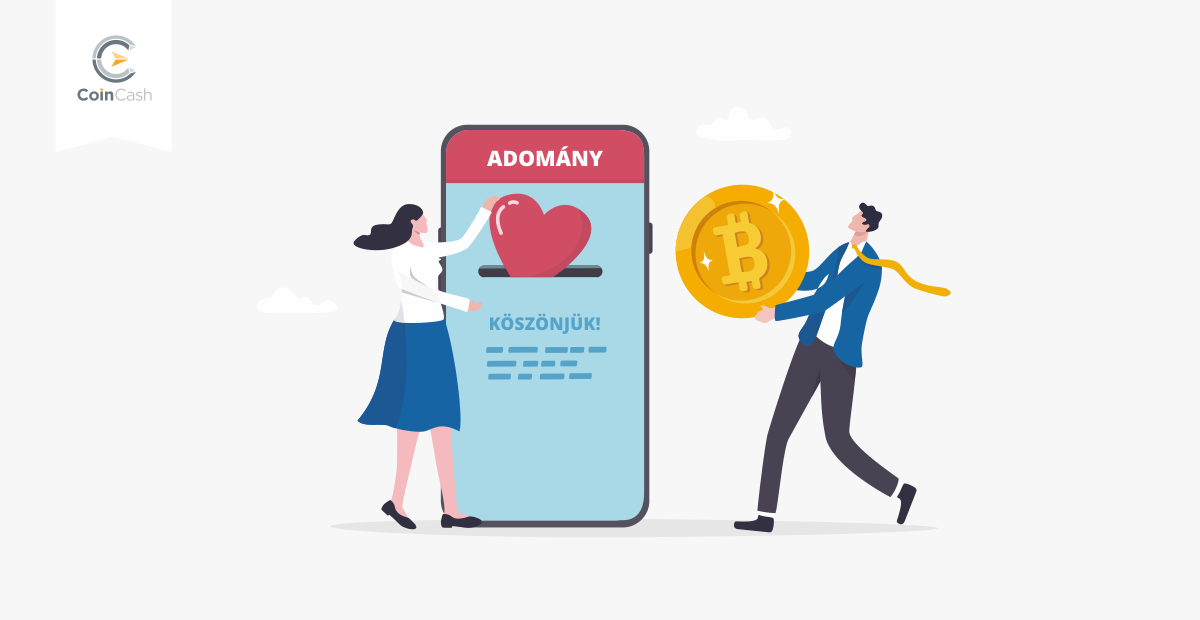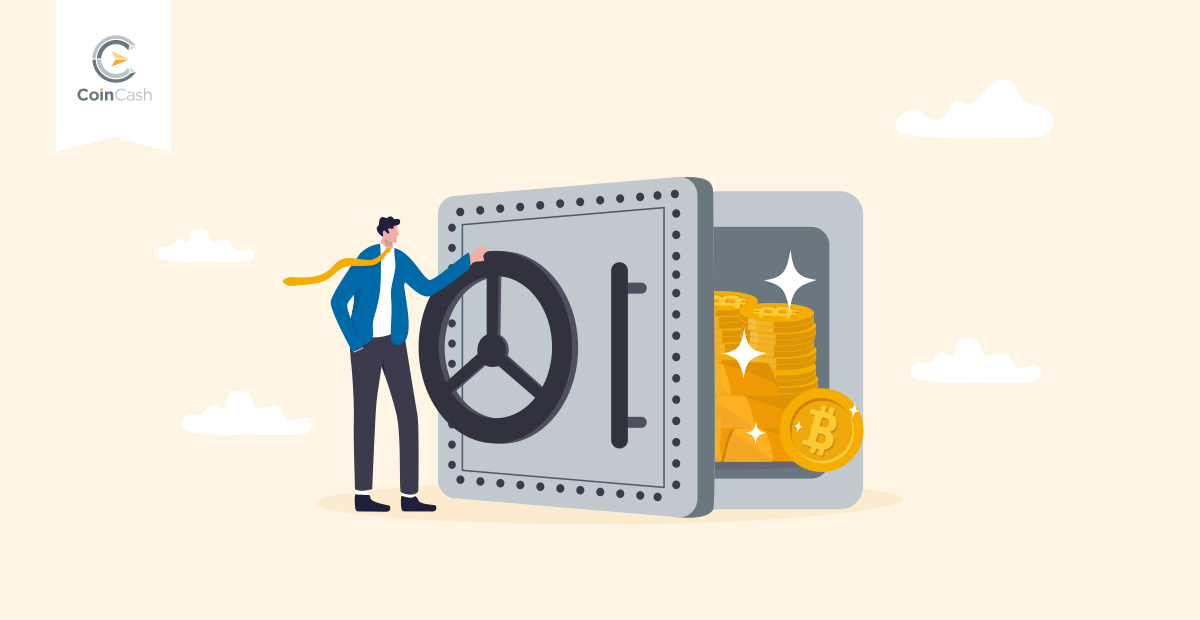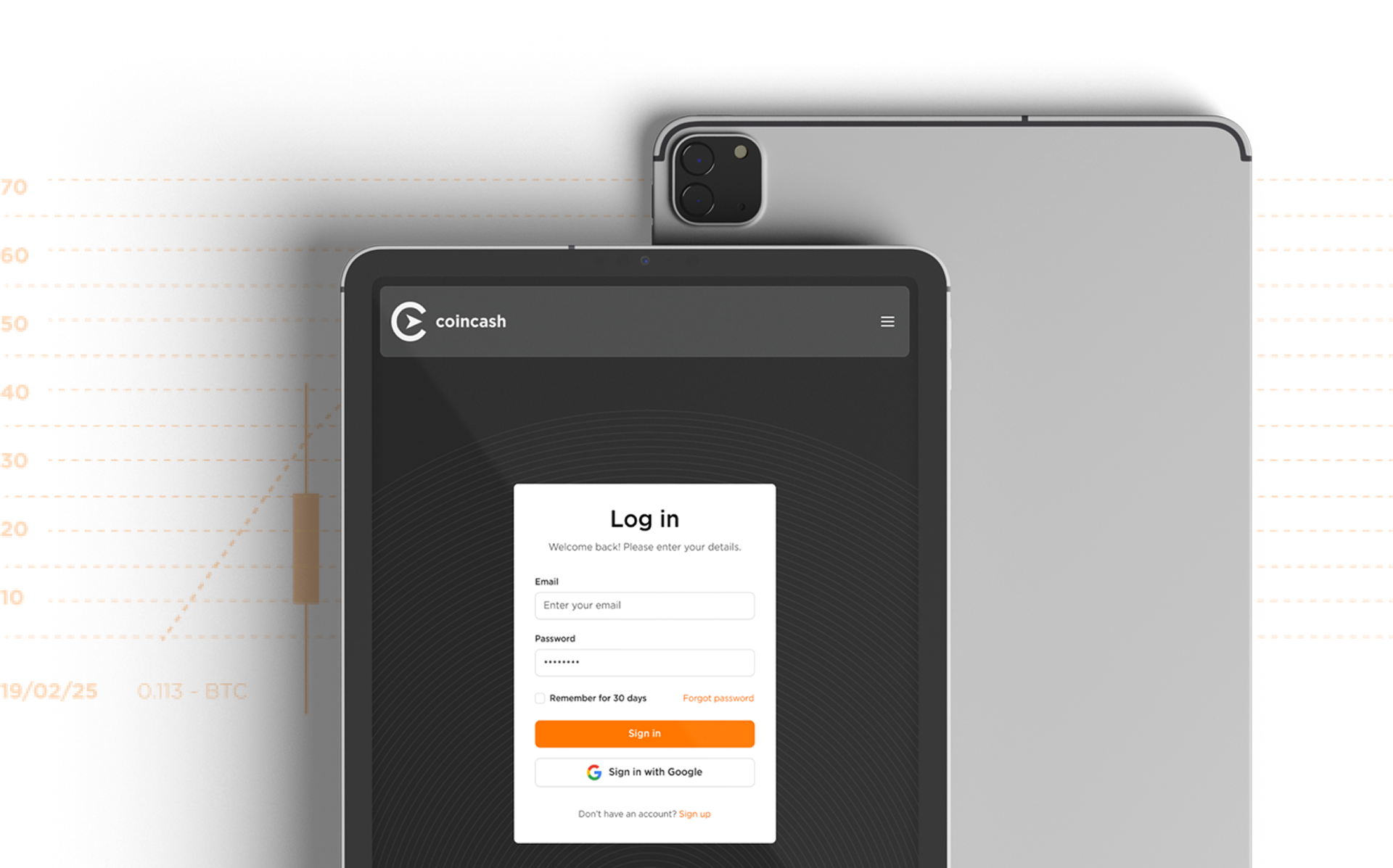In this article we explain it in a clear nd easy way:
-
what blockchain is,
-
how the first active blockchain system, Bitcoin works,
-
the advantages and disadvantages of blockchain,
- and why it's okay if you don't understand it.
As long as there have been registries, there has always been a need for a central party to act as the registrar. For example, for land owners there is a real estate registry and for bank accounts there is a bank, which keep the data in a public trustworthy way, and we, the users, trust them to do their job. That is why we call these registers as centralised.
What is the problem with decentralised networks?
However, there has long been a demand for decentralised registry, where there is no central party, but each user keeps their own register, yet it remains reliable and trustworthy. In the digital world, the problem with decentralised registers is that all digital data is easily copied: if I have my own register, I can copy the data in it at any time, and because others cannot see my register, the whole system ceases to be reliable. In the case of money: if I had my digital wallet instead of the bank holding my bank account, I could safely copy the money in it and create fake, worthless copies. This problem is called money duplication.
This problem is solved by the blockchain system: a blockchain is a database that is not operated by a central party, but that stores information in a decentralised way. In practice, each participant maintains its own records, yet the system remains authentic, reliable and transparent.
The first theoretical blockchain model was described in 1982 by the American cryptographer David Chaum. Even then, in the 1980s, Chaum's model already contained almost all the elements that Bitcoin would later incorporate, but the real breakthrough came from Satoshi Nakamoto, who laid the foundations of the crypto market with Bitcoin, the first working blockchain.
How does blockchain work?
Different blockchains have different operating models, but the basics are broadly the same. Bitcoin was the first blockchain to work, and it is relatively easy to explain how a blockchain works through Bitcoin.
In the Bitcoin system, each user's wallet is public, each wallet is visible to each user: I always know how much bitcoin the other user has. Each user keeps his own record of how many bitcoins he has. When you send a bitcoin to another wallet, from A to B, a signal is sent throughout the system, warning all users: a transaction has taken place, everyone must modify their records, A has one less bitcoin, B has one more. And after the signal, each user transfers the change to their own register, and the system records the transaction details: which wallet sent how many bitcoins to which wallet.
This and all other transactions are sorted into so-called blocks. When a block is "full", the system asks users: does everyone have the same information about how many bitcoins are in which wallet? Are all the records the same? Then, through a consensus mechanism called proof-of-work, the users who are involved in maintaining the system vote, i.e. they reach a consensus on whether the hundreds of transactions that have been blocked are authentic, whether there is no fraud in the system. And when the voting is over and the system has reached consensus, the block is closed and authenticated by a cryptographic process, and the next block is chained to it in such a way that the cryptographic protection prevents it from outside interference.
This is the reason why the block is the chain and the crypto is the currency.
Can it be cheated?
It is possible to cheat in the Bitcoin system, you can start copying bitcoins in your wallet, only other users will immediately see that you have cheated. The first time you vote, you'll simply get caught out by having more bitcoins in your wallet than the others know about. And the cryptographic protections protecting the blocks and the system can be cracked, it would just take a supercomputer so long that it's not worth starting. Thus, the Bitcoin system will always remain authentic, trustworthy and transparent.
The public blockchain, which acts as a ledger that can be seen by anyone, contains all bitcoin transactions at any given time, all transfers of the network's 14 years of operation can be retrieved at btcscan.org. All transactions can be retraced, and you can peek into each wallet.
And the whole system is trustless, i.e. it doesn't require any trust. You don't need to trust the bank, you don't need to trust the other party, you don't need to trust anyone except the maths that underpins the blockchain. And mathematics is infallible, it doesn't require trust.
How does this work in contrast to bank transfers?
Suppose you want to send money to a friend by bank transfer. You make the transfer through your online bank, and the money arrives almost instantly. However, it is only an illusion that you did all this. Your bank account is not in your possession, it is managed by the bank and only the bank can operate on it. It has to be this way, because if we managed our own bank account we would be cheating and copying the money. So your bank account is with the bank, you just give the bank an order to transfer money to an account with another bank.
In this case, your bank notifies the other bank to make the change in the account with them. The other bank verifies whether the sending bank has enough money in its account to make the transfer, and if the answer is yes, it transfers the change to the account with that bank. So you, as the user, trust the bank to keep a trustworthy record of how much money you have, give the bank an order to transfer the money, and then it completes the transaction by involving an other bank.
Well, it's a similar transaction on the blockchain - the difference is that there is no one who does the checking when the transaction is taking place. You don't have to, because you can send up to the amount of bitcoins you have in your wallet, and the whole system, all users, know how much bitcoins you have. That's where the decentralised nature of the technology comes in, with wallets connected to the network automatically sharing information with other machines, and updating their copy of the blockchain once confirmed.
But you might ask what would happen if you wanted to send a bitcoin to a friend, and then tried to send the same coin again to another friend. In this case, the scenario has only one possible outcome: the first transaction would be confirmed, but the second would be automatically removed from the network, as the blockchain is aware that the first transaction has already been confirmed, so the ownership of that bitcoin has already been transferred to your first friend. Similarly, when a company outsources its bookkeeping to a payroll company, it is possible that information may be recorded twice, and it is possible for records to be manipulated, edited, deleted or new data added. In contrast, blockchain technology prevents financial data from being recorded twice.
And importantly, the entire transfer is done by you, not a bank. You have your digital wallet and no bank, authority or central party has anything to do with it. This means that Bitcoin puts digital sovereignty back in your hands, you no longer have to trust third parties or financial institutions: you have your wallet and no one has access to it.
What are the benefits of blockchain?
The primary benefits of blockchain include cryptographic security, reliability, authenticity and stability. The data stored on the blockchain is virtually untouchable without network consensus, because once a new piece of information is added to the chain, changing it is a very complex task. However, this can also cause some problems, because if for whatever reason it is necessary to change the data, this can usually only be done by a so-called hard fork, which means starting a new blockchain.
And the disadvantages? Can Bitcoin be hacked?
Yes, Bitcoin can be hacked, it's just very unlikely to happen. The network is run by the miners: they provide the computing power needed to lock and authenticate the blocks. Malicious actors can interfere with Bitcoin from the outside if they gain control of 51% of the miners' total computing capacity. This is extremely costly, simply not worth it.
There is a perception that Bitcoin is the preferred tool of organised crime because it is anonymous and untraceable. Well, none of this is true. For one thing, it's not anonymous, it's pseudonymous: I can't tell which wallets belong to whom by looking at them, but since all wallets are also public transactions, you can label a wallet that has been involved in a crime, and everyone knows it belongs to criminals. On the other hand, the very transparency that allows a bitcoin's journey to be traced anywhere cannot be hidden in the system, unlike cash, which is really almost completely untraceable.
The high energy costs of mining are often cited as a disadvantage. Indeed: miners operate the system using complex mathematical operations, and the high computing capacity requires a lot of electricity. But it is not bitcoin mining that is polluting, it is our electricity generation, and countless other sectors have a much higher environmental impact. It is no coincidence that miners are most interested in cheap, green energy production, and an increasing share of energy investment is linked to miners.
But if it is so safe, why did Luna and FTX collapse?
The two big scandals of the past year were the collapse of the Terra-Luna ecosystem and the bankruptcy of FTX, one of the world's largest centralised crypto exchanges. But it is clear that neither of these is the fault of blockchain technology. In both cases, poor infrastructure, human errors and poor management decisions contributed to the damage on a historic scale. Bitcoin itself and other cryptocurrencies worked in exactly the same way before and after the crash, and blockchain technology itself performs very well in times when bankruptcies sweep away some of the market players, or when there is a bear market.
Does every blockchain work like Bitcoin?
Not quite. Bitcoin was the first working blockchain, and since its launch in 2009, countless similar systems have appeared on the market. The so-called second generation of cryptocurrencies now handle smart contracts, i.e. they can cater for a wide range of different user needs, but they all work in a similar way: they are trusted, unmodified and transparent.
However, the market is full of rubbish. There are more than ten thousand cryptocurrencies on the market, the vast majority of which are worthless, useless networks or outright scams. The market is extremely young and there is no entry threshold, so it is very easy for new cryptocurrencies to emerge, get a lot of publicity without any real business or user potential. This situation can be helped by continuous education of users and regulation, the emergence of which is welcomed by the majority of credible market actors.
Blockchain technology in everyday life
Alongside the cryptocurrency sector, several industries have embraced blockchain technology - and, surprisingly, some financial institutions, including banking giant UBS, have started to roll out blockchain-based payment systems. But the technology is also being used in areas of the supply chain, such as food supply, furniture manufacturing, software development and diamond mining. IBM's Food Trust project, for example, has enabled industry players to share food information confidently and securely, creating a more transparent and trusted global food supply chain.
Meanwhile, healthcare providers are also working to come up with technical solutions to increase the security of personal data, which is why blockchain technology was called upon repeatedly during the coronavirus pandemic. The Hungarian National Bank (MNB) was also the first in Hungary to launch a project to build a blockchain data authentication solution. The aim of the development is to leverage the reliability of the data stored on the blockchain to support the workflow between banks and insurers in the signatory lending process. But since then, the MNB has also launched a new platform using blockchain technology, which is a world first.
Blockchain is a very complex process, but the good news is that you don't need to understand all aspects of it to use it. Think about it, you (most likely) have no idea how the internet works, yet what does "HTTP" stand for, which is in front of every web address, yet you happily use it every day. So the uptake of blockchain is far from being dependent on how many people know the machinery behind it - but we hope our article has brought the technology closer to you.
Click here if you would like to buy Bitcoin.
Click on the stars to rate the article! :)




